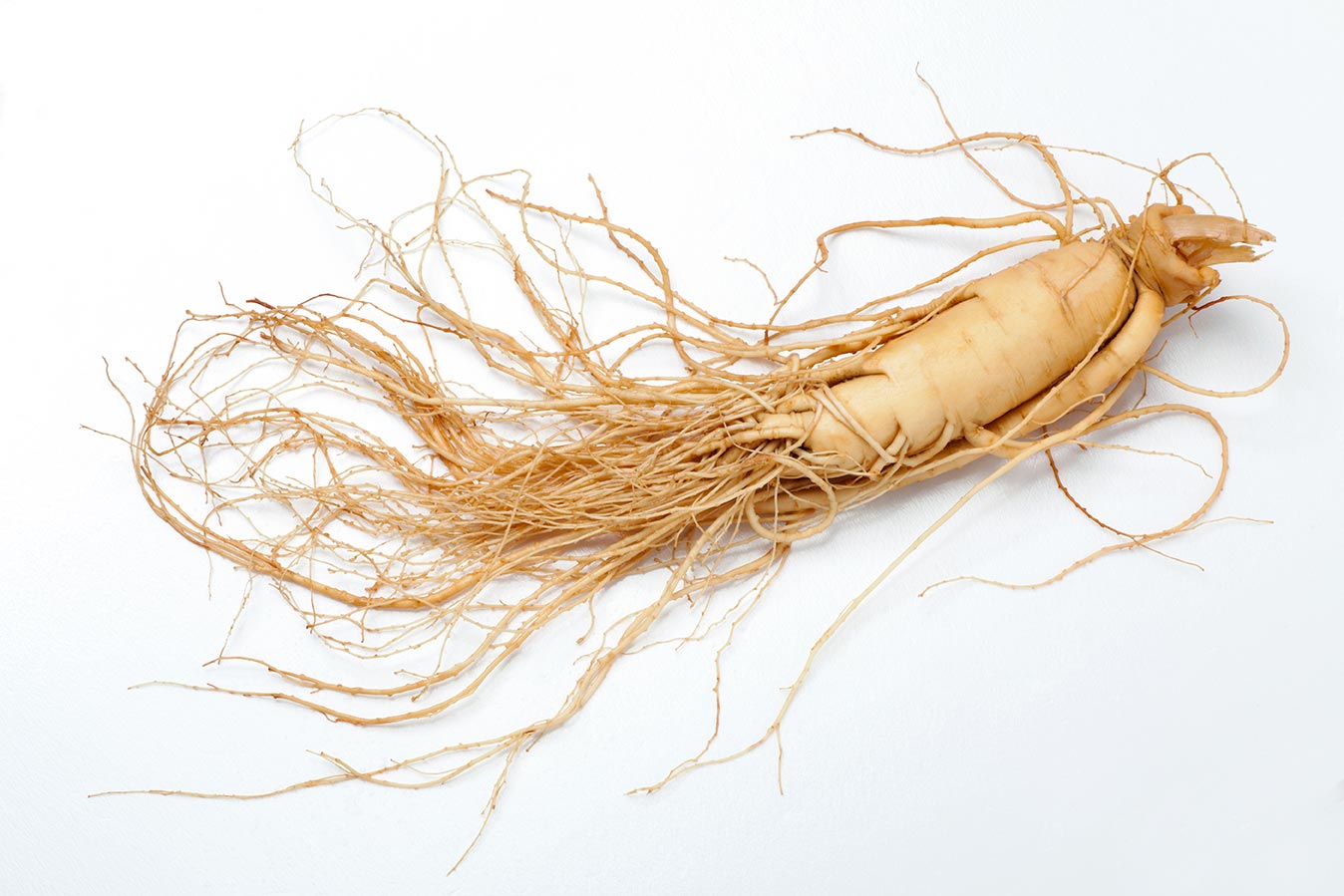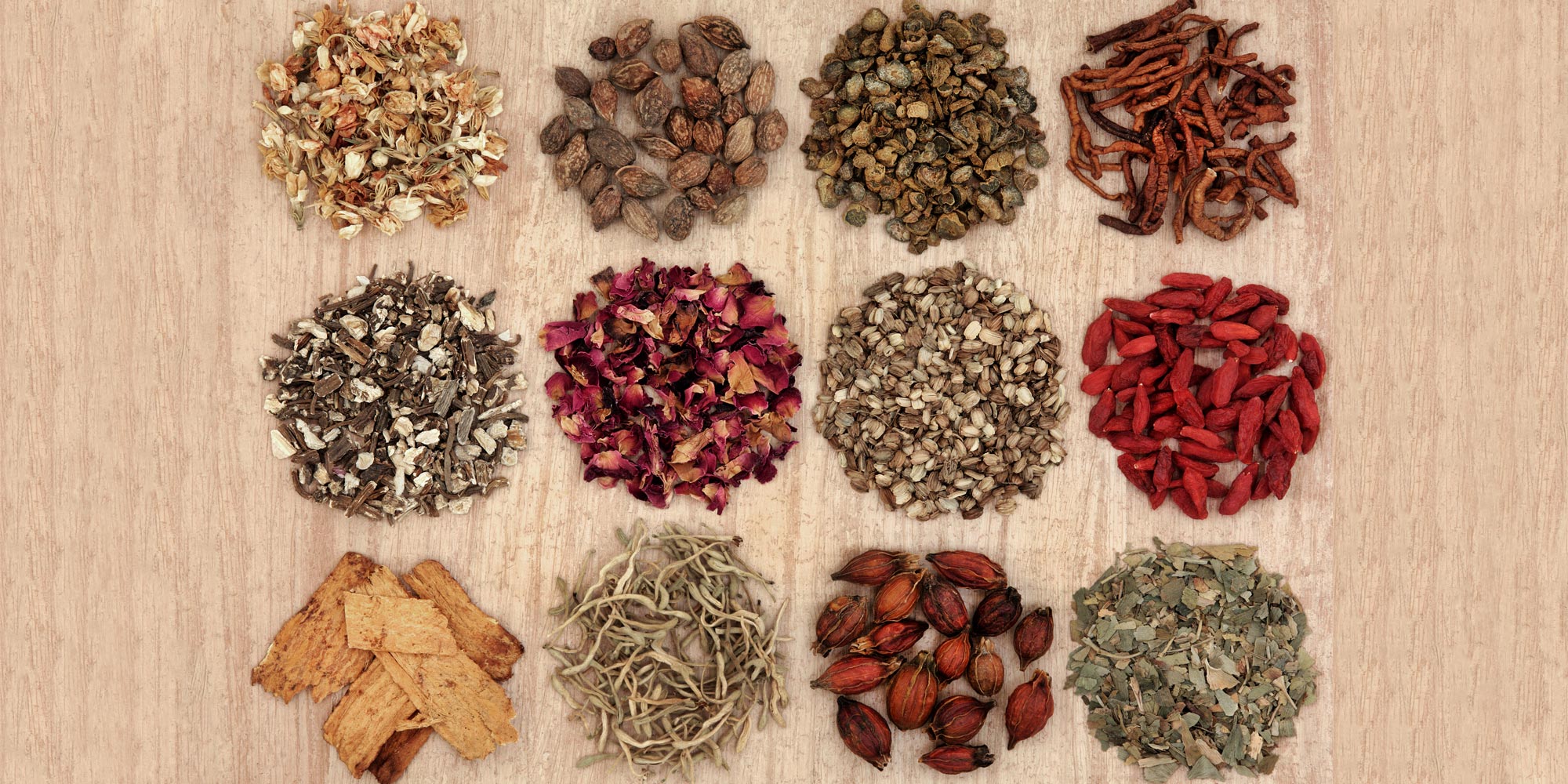
Herbal medicine is one of the oldest and most important aspects of Chinese Medicine. It provides a natural and holistic approach to treating the imbalances of the mind and body. Unlike western herbalism, Chinese Medicine almost never employs the use of a single herb as a treatment. Instead it uses a combination of herbs known as a formula. For millennia herbal formulas have been masterfully crafted and continuously modified to most effectively treat each individual.
Chinese medicine employs formulas instead of single herbs for a variety of reasons. Often times individual herbs in a formula will enhance the effectiveness of one another. Additionally, combining herbs can create therapeutic effects that the individual herbs cannot achieve when taken alone. Furthermore, certain herbs have the energetic ability to guide other herb’s therapeutics to specific areas of the body in need. Lastly, formulas can be modified to meet the individual needs of each patient. This way the medicine is treating not just the disease, but the whole person.
Chinese herbal formulas treat just about every ailment imaginable from common colds to digestive problems, emotional imbalances, sports injuries, fertility, and much much more. Traditionally, the method of consuming a formula was by cooking raw herbs into teas. Today, the use of granules or powders dissolved into teas are becoming the more common. Furthermore, pills and tinctures are also commonplace.
Unlike western pharmaceuticals, Chinese herbal medicine does not attempt to isolate the presumed single therapeutic aspect of any given substance. Herbal medicine however, sees value in the herb’s entirety. Additionally, Chinese herbal medicine does not simply link one medicinal to one disease as is done in western pharmacology. Instead, formulas are prescribed holistically taking the entire state of body and mind of each patient into consideration. This involves modifying formulas to fit each patient’s needs to maximize therapeutic effects while diminishing side effects.
Another difference between western pharmaceuticals and herbal medicine is the ability for individuals or companies to patent the medicinals. The ability to do so becomes problematic when business motives skew those of health care. Unfortunately, this is an issue with the pharmaceutical industry. Pharmaceuticals derive from isolated molecules that are often synthetically produced. Because of this, it is legal to patent them. In comparison, natural occurring whole herbs cannot be patented. Therefore herbal medicine is spared this additional hurdle facing western medicine.
When the body is deficient (particularly in Qi, Blood, Yin, and/or Yang), or needs further assistance in regulation or elimination, herbs become an invaluable part of the treatment regimen. I love using acupuncture to help your body use its own resources to re-balance, while using herbs to supplement these resources where needed. Herbal formulas also act as mini home treatments, since multiple weekly office visits are often unrealistic. Formulas are always tailored to your unique diagnosis, which is why as your symptoms and needs change, so will your herbal formula. Unlike Western drugs, Chinese herbalists can add, eliminate, or adjust individual ingredients in a customized formula to create the most appropriate version for each patient’s individual needs. Be sure to list all drugs and supplements you take as well as any allergies or dietary restrictions you have (including vegetarianism/veganism), as is its crucial to prevent any unwanted reactions.
Conveniently located on 5th Avenue in New York City near Union Square Park and centrally located within blocks of Madison Square, Washington Square, Stuyvesant Square and Gramercy Park.
Sessions available by appointment only.


